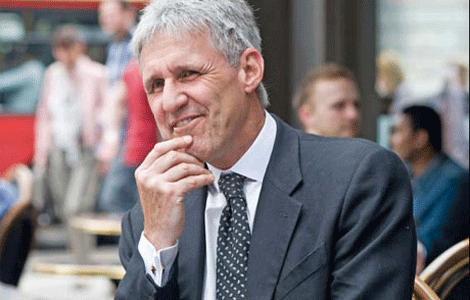Wen stresses policy continuity
Updated: 2011-09-15 07:48
By Hu Yuanyuan (China Daily)
|
|||||||||
Tightening stance won't alter; nation to spur service sectors
DALIAN, Liaoning - China will maintain its proactive fiscal policy and prudent monetary policy while boosting domestic consumption as the economy is still moving in the direction as expected, Premier Wen Jiabao said on Wednesday.
"We are confident that we have the conditions to maintain relatively fast economic growth and achieve the target set at the beginning of the year," Wen told the World Economic Forum in Dalian, northeastern China's Liaoning province.
Though China's GDP growth decelerated after the second quarter, Wen said that change reflected government tightening measures to bring inflation under control and was "within expectations".
The country's GDP grew 9.5 percent in the second quarter, slowing from 9.7 percent in the first quarter.
Stabilizing prices, Wen has said several times recently, remains the top priority in the coming months.
The consumer price index (CPI), the key gauge of inflation, rose 6.2 percent year-on-year last month, cooling from a three-year high of 6.5 percent in July, according to the National Bureau of Statistics.
China's central bank has raised interest rates five times and lifted banks' reserve requirement ratios nine times since October.
According to Li Daokui, a professor of finance at Tsinghua University and an academic member of the central bank's monetary policy committee, inflationary pressure will moderate in the second half of 2011 and into the first half of 2012.
"Keeping inflation under control is a long-term mission since moderate inflationary pressure is expected to persist for quite a long time," Li said at the forum in Dalian.
Some analysts expect the People's Bank of China, the central bank, to hold off further monetary tightening as the global economy slows.
Nomura Securities Co Ltd said in a recent research note that China's August economic figures add further credence to the notion that the country is experiencing a soft economic landing.
"It also reinforces our view that monetary policy will remain in a 'wait-and-see' mode for the rest of this year," Nomura said.
As global economic uncertainties intensify, restructuring China's economy from export-led to consumption-driven is becoming a more pressing issue to sustain long-term growth.
Wen stressed that China will follow the strategy of expanding domestic demand while focusing on improving the demand structure to drive economic growth.
"The country will also advance urbanization, protect and improve people's well-being and speed up the development of services industries," Wen said.
China aims to lift the urbanization rate by 4 percentage points and raise the contribution of services to GDP by 4 percentage points during the 12th Five-Year Plan period (2011-2015).
As of the end of 2010, tertiary industry accounted for 43 percent of China's GDP, up from 40.5 percent in 2005. The urbanization rate stood at 47.5 percent in 2010.










